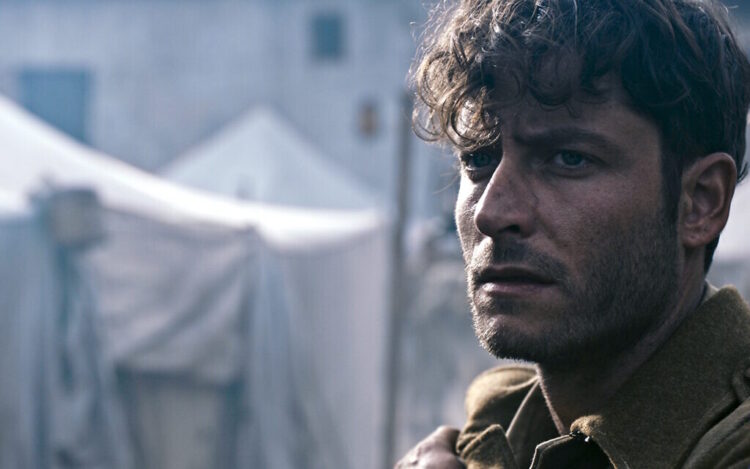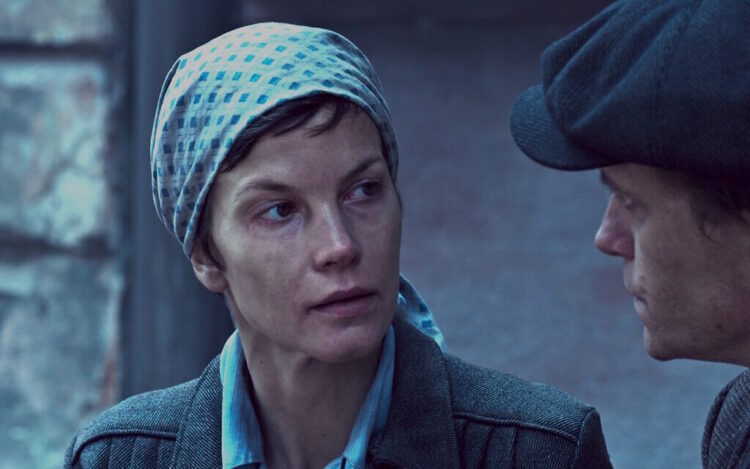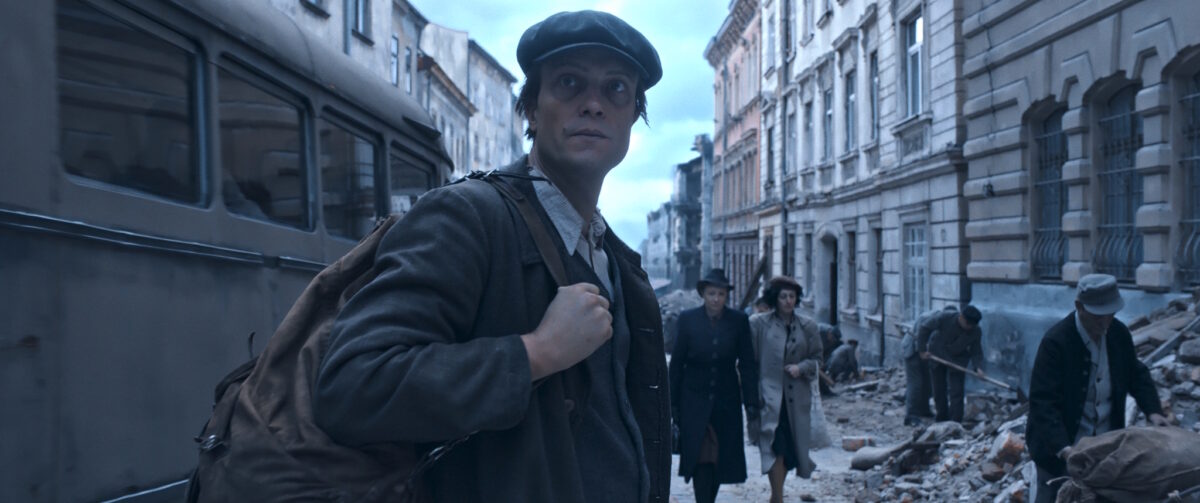Vengeance was the name of the game for Holocaust survivor Abba Kovner. In postwar Germany, he and a few fellow survivors sought to kill six million Germans to avenge the deaths of six million Jews.
The Israeli brothers Doron and Yoav Paz have recreated this little-known incident in their dark and sober movie, Plan A. It will be screened at this year’s Toronto Jewish Film Festival, which runs on-line and in-person from June 9-26.
The film, based on true events, takes a viewer back to 1945. Max (August Diehl), a German Jew whose family was murdered by the Nazis, returns to his home in the countryside, only to be confronted by its truculent occupant wielding a bat. As he strikes Max, he shouts, “Just because the war is over doesn’t mean we can’t kill Jews anymore.”
Having recovered from the assault, Max reaches a group of Palestinian Jewish soldiers in the British army’s Jewish Brigade. They treat him kindly and drop him off at a nearby refugee camp.
Max can go to Palestine if he so desires, but he prefers to remain in Germany to exact revenge on Nazi criminals. He makes this this decision after discovering that some of the Jewish soldiers he’s just met have been secretly killing Nazis in vigilante raids.

Moshe (Michael Aloni), one of the soldiers, cannot understand why persecuted Jews like Max did not resist during the Holocaust.
Max turns into a fighter after meeting several Jews who have joined Nakam, a militant organization dedicated to finding and killing Nazis. Nakam’s leadership, proceeding from the faulty assumption that all Germans are guilty of the Nazi persecution and murder of Jews, is planning a big operation in the cities of Nuremberg, Munich, Cologne, Weimar and. Hamburg.
Max proves to be of use to Nakam after he finds a job at a water filtration plant in Nuremberg. Max, an artist, draws a rough diagram of the facility and gives to to Nakam, which intends to contaminate the water with an odorless and undetectable poisonous substance.
Moshe opposes Plan A, as it is known, because it may stir international condemnation and block the road to Jewish statehood in Palestine.
Nakam is determined to go through with the plan come what may. As one of its leaders says, “We will not wait for courts to mete out justice to Nazis.” This is an implicit reference to the Nuremberg war crimes trial, which started in 1946.

As Plan A is refined, Max establishes a rapport with Anna (Sylvia Hoeks), a Jewish survivor who escaped from a Nazi ghetto and is now a member of Nakam. Haunted by nightmares and tormented by the murder of her son, she is determined to seek vengeance.
The film hews to a pessimistic view of Germans. In a telling scene, a German woman who’s clearly antisemitic says, “They’re starting to come back, the Jews. They think they can take everything back.”
When Moshe discovers how entangled Max is in Plan A, he tries to convince him that vigilante justice is a dead end. “Real revenge,” he advises, consists of building a new nation in Palestine rather than killing Nazis in Germany.
Thanks to a serviceable script and a fine cast, Plan A resurrects an intriguing but chilling footnote in postwar European Jewish history.
